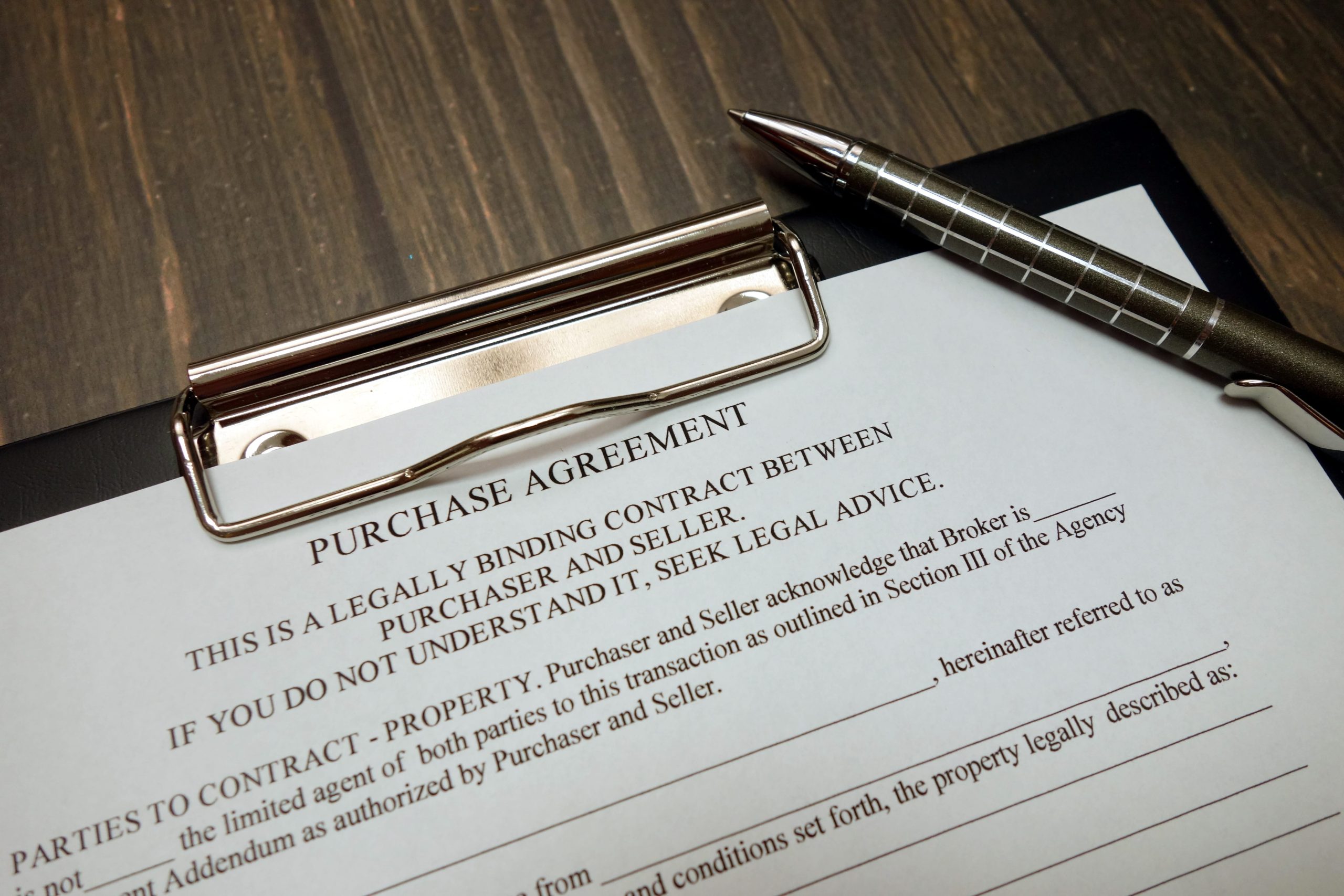How to Evaluate an Offer on Your Home
Evaluating an offer on your home is one of the hardest parts in the selling process.
It’s not just about accepting the highest bid; it involves understanding fine print, assessing the buyer’s commitment, and ensuring the offer aligns with your goals.
With the guidance of a knowledgeable real estate agent, you can navigate this process confidently and make informed decisions that will give you best interests.
Understanding the Basics of Real Estate Offers
When you’re selling your home, understanding basics of real estate offers and market conditions are essential.
Real estate transactions can be more complex than you think. Having a solid knowledge of how offers work can help you make wise decisions that will benefit you and your financial goals.
Real estate agents are key in this transaction since they are responsible for representing the buyer’s interest. An experienced real estate agent will help you assess the appropriate pricing and guide you in securing competitive offers.
Understanding the basics of real estate offers, working with a knowledgeable and skilled real estate agent, and ensuring that buyers are pre-approved for a mortgage are your key components to have a smooth and successful sale.
What Constitutes an Offer?
An offer is a detailed proposal that includes several important components.
Here’s what typically constitutes an offer:
Purchase Price
- The amount the buyer is willing to pay for the property.
Earnest Money
- A deposit made to show the buyer's commitment to the purchase. This amount is usually held in escrow until the transaction is completed.
Terms and Conditions
- Specific conditions that must be met for the offer to be valid, such as financing requirements, inspection contingencies, or repairs needed.
Contingencies
- Clauses that allow the buyer to back out of the contract without penalty if certain conditions are not met, such as the home inspection revealing significant issues or the buyer's inability to secure financing. By addressing these elements, the offer becomes a comprehensive agreement that not only contributes to the success of the sale but also the buyer's seriousness about completing the transaction. Once an offer is accepted, it evolves into a more detailed document known as the purchase agreement.
What are Key Components of a Purchase Agreement?
A purchase agreement is the founding document in any real estate transaction, serving as the legal contract that outlines the essential terms and conditions of the sale. Understanding its key components helps ensure that both parties are clear on their obligations and the specifics of the transaction.
Purchase Price
The agreed-upon price for the property, along with any terms regarding payment, such as a deposit or earnest money.
Down Payment
The amount of money the buyer will pay upfront, usually a percentage of the purchase price, and how it will be applied to the overall purchase.
Earnest Money
The amount of money the buyer will provide as a deposit to show their commitment to the purchase, and how it will be applied or refunded if the deal falls through.
Fee Responsibilities
Allocation of closing costs, including who will pay for title insurance, escrow fees, recording fees, transfer taxes, and other costs associated with the transaction.
Contingencies
Conditions that must be met for the contract to be valid, such as home inspections, appraisal requirements, or the buyer's ability to secure financing.
By carefully considering these key components, the purchase agreement serves as a guide to ensure you an efficient transaction. However, navigating the complexities of the process can be challenging on your own, which is why having a real estate agent is important.

The Role of Your Real Estate Agent
A real estate agent serves as an advocate throughout your entire home-selling process.
From the initial stages of listing your property to the final closing, real estate agents represent your interests, ensuring that your needs and goals are prioritized. An experienced agent guides you through the often complicated negotiations, helping you assess and evaluate the offers that come in, so you can make not only informed but also successful decisions. Their expertise in understanding market trends and buyer behavior allows them to provide valuable advice on how to present your property, set the right price, and guide you to the terms of the sale.
A seller’s agent works exclusively for you, focusing on securing the best possible deal for your property. Evaluating numerous offers can be overwhelming, which is why working with a skilled, knowledgeable, and dedicated agent, you can avoid any issues and benefit from insights into appropriate pricing and terms.

How Agents Help You Evaluate Offers
Real estate agents are your strong ally when it comes to evaluating offers on your property.
Their deep understanding of the market, combined with negotiation skills, allows them to handle the difficulties of real estate transactions. When an offer is presented, an agent will not only consider the price; they thoroughly assess the buyer’s financial capabilities, ensuring that the buyer is qualified and capable to continue with their offer. This includes reviewing the buyer’s financing methods, such as mortgage pre-approvals, and determining whether the buyer has the necessary or enough funds for the down payment and closing costs.
For sellers, a real estate agent’s insight is important in evaluating offers, as a higher bid may not always be the best choice. Agents help interpret important terms like contingencies for financing, inspections, or appraisals, which can significantly impact the success of the transaction. By carefully analyzing each aspect of the offer, an agent ensures that you fully understand the implications of accepting a higher bid without overlooking other essential factors.
To ensure you make the most informed decision when evaluating offers, it’s crucial to have a detailed discussion and ask questions when talking with your real estate agent.
Questions to Ask Your Agent About Each Offer
What is the buyer's motivation for purchasing?
Are they looking to move quickly, or is there flexibility in their timeline?
How does the offer compare to recent sales in the area?
Is the offer competitive based on recent comparable sales?
How can we structure our bid?
This question will help you understand how to adjust terms like contingencies, financing options, and the closing timeline to align with what the seller values most, thereby enhancing the attractiveness of your offer.
Once you've tailored your offer to align with the seller's priorities and market conditions, it's crucial to evaluate the purchase price carefully. This involves analyzing how the offered price fits within the current market trends and ensuring it reflects the value of your property accurately.


Analyzing the Purchase Price
Analyzing the purchase price of your home is essential when evaluating an offer, as it requires considering local market conditions and a CMA to ensure a successful transaction.
Local market conditions, such as, demand, recent sales, and the time properties stay on the market may influence the offer to be fair or competitive. A comparative market analysis or CMA from your real estate agent compares your property with similar homes that have recently sold, giving you a clearer vision of where your home's value can stand. Using this data-driven approach ensures your offer aligns with market trends, strengthening your negotiating position and pricing strategy.
When deciding whether to offer above or below the asking price, it's important to consider the risks, especially appraisal discrepancies, which would lead to financing issues or renegotiation. Offering below the asking price might also risk rejection, particularly in a competitive market with multiple bids.
Understanding these pitfalls enables you to create a strategy that aligns with your financial goals, securing the home at a fair value while minimizing the risks.
Get in Touch with us today!
Evaluating an offer on your home is more than just the price.
It’s also about understanding the terms, assessing the buyer’s commitment, and ensuring that the offer meets your needs.
With the support of a skilled and knowledgeable real estate agent from The Gonzalez Home Team, you can take control of this difficult and tiring process with confidence and secure the best possible outcome for your sale. Whether you are buying or selling, having an experienced team can make all the difference.



